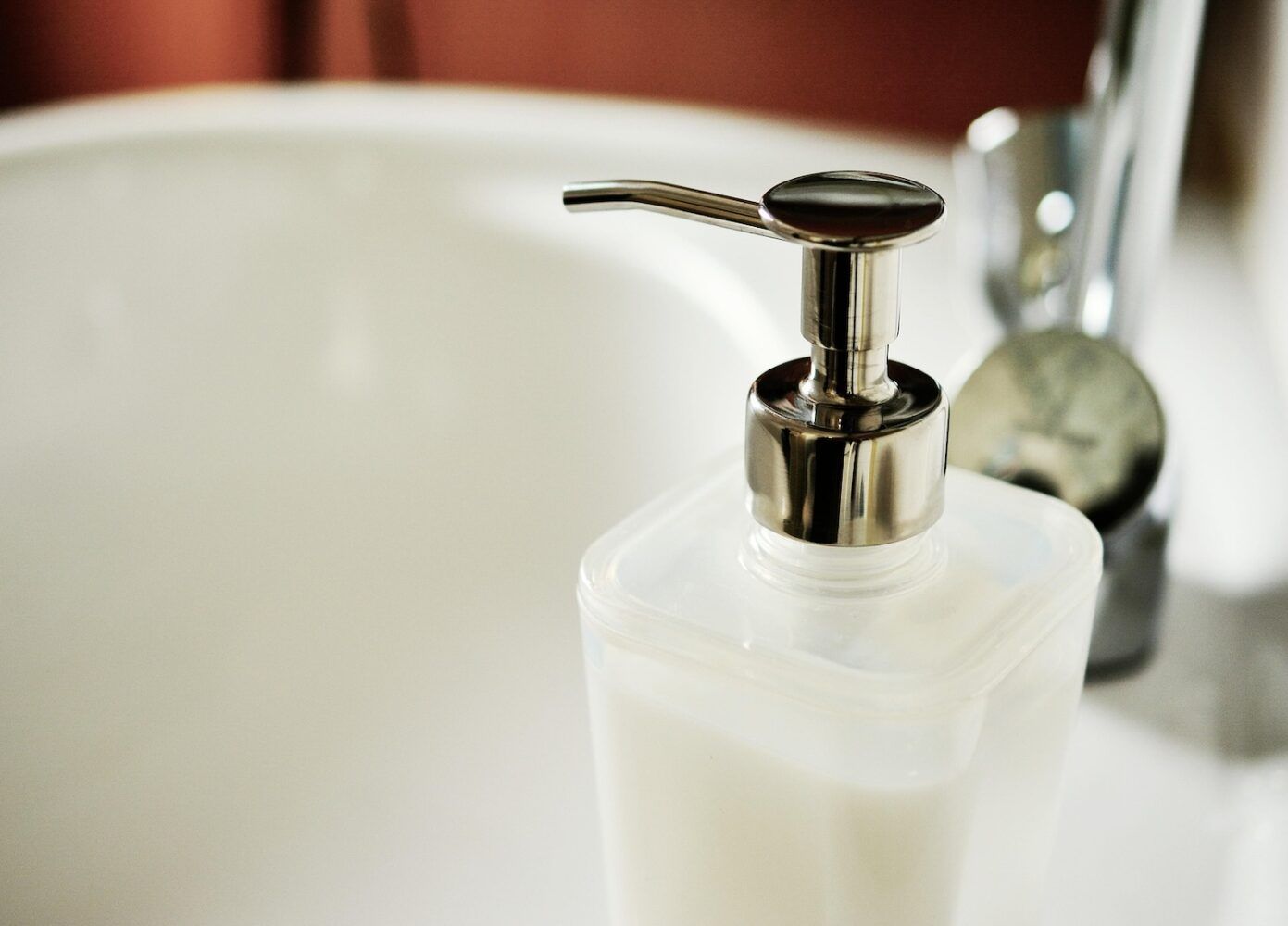The Ministry of Health has been informed of cases of “highly contagious” hand, foot and mouth disease among children in daycare settings in Anguilla.
The common viral illness primarily affects infants and young children under the age of five, however, older children and adults can also contract this illness.
A press release from the ministry on 22 July said: “It has become a common cause of outbreaks in Anguilla and the other Caribbean territories and cases are seen every year.”
Hand, foot and mouth disease typically begins with fever, reduced appetite, sore throat and feeling unwell or fatigued.
Within a few days, those affected may develop painful mouth sores, which start as small red spots that blister.
They may also have a skin rash, especially on the palms of the hands and soles of the feet, and sometimes the knees, elbows, buttocks or genital area.
Hand, foot and mouth disease is usually mild and self-limiting, however, young children may become dehydrated if they are unable to swallow fluids due to mouth sores.
There is no specific vaccine or cure for hand, foot and mouth disease, the ministry said, adding: “Therefore, supportive care is key.”
It advises parents or carers to treat fever and pain with paracetamol, ensure adequate fluid intake and seek medical attention if symptoms worsen or cause concern.
Hand, foot and mouth disease is highly contagious, especially in the early stages – often before the rash appears. The virus can also remain in stool for weeks after recovery.
To help prevent transmission the ministry advises:
- Isolate infected children from healthy children at home, school or daycare. Children can return to school when they are fever-free, have dried blisters and feel well enough to participate
- Limit close contact, including hugging, kissing and sharing utensils
- Practice and teach proper cough/sneeze etiquette
- Encourage frequent handwashing, especially after contact with mucus, stool or blisters
- Disinfect toys and surfaces frequently touched by the infected child
- Avoid sharing food, drinks, toothbrushes, towels and similar items
- Change and wash contaminated clothing and bedding promptly
More information is available from the Ministry of Health on (264) 497-3930.




